Connecting with other musicians is one of the most exciting yet challenging aspects of the music world. Whether you’re a solo artist, a producer, or part of a band, forming meaningful connections with fellow musicians can open doors to collaborations, creative growth, and lifelong friendships. However, navigating the complexities of building these relationships can feel overwhelming, especially in today’s digital age where opportunities to connect are plentiful but often overwhelming. This guide dives into practical strategies, platforms, and mindset shifts that will help you forge lasting connections with musicians who share your passion for music.
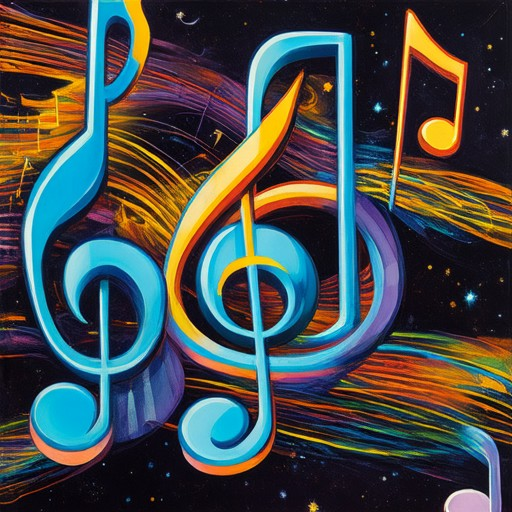
How to Connect with Other Musicians
To connect with other musicians, consider leveraging various platforms and strategies:
- Social Media Platforms: Share your music on platforms like Instagram and Twitter . Engage with other musicians by commenting on their posts and sharing your own content.
- Music Communities: Join forums like r/MusicProduction or r/Musicians to network with peers and get advice.
- YouTube Community: Utilize YouTube’s community features to connect with other creators and share your music videos, fostering engagement and collaboration opportunities.
- Collaboration Opportunities: Reach out to musicians via social media or forums. Start by showing interest in their work before approaching them for collaborations.
- Attend Events and Performances: Go to live events, concerts, and open mic nights to connect with musicians in person. Consider performing your own music to attract like-minded individuals.
- Online Communities and Portfolios: Share your music on platforms like SoundCloud and create a press kit using tools like PressKit to showcase your work professionally.
- Local Networking: Visit local music stores, attend meetups, and volunteer at music festivals to interact with musicians face-to-face.
- Build a Personal Brand: Develop a professional website to display your work and use email marketing to stay connected with contacts. Create content like tutorials or interviews to establish yourself as an expert.
- Engage with Others’ Content: Regularly comment on YouTube videos, social media posts, and other musician content to foster connections and initiate conversations.
- Persistence and Activity: Building relationships takes time. Stay active on platforms, seek collaborations, and attend events consistently to grow your network effectively.
How to Make Connections with Musicians
To establish meaningful connections with musicians, consider the following organized approach:
- Attend Live Performances
- Discover local music events through venue websites or event calendars.
- Engage with attendees and artists at concerts, festivals, or club nights.
- Join Music Communities
- Participate in forums like Reddit’s music subreddits or local meetup groups focused on music.
- Network with fellow enthusiasts and professionals in these settings.
- Leverage Social Media
- Follow musicians on Instagram, Twitter, and TikTok.
- Engage in discussions, comment on posts, and send thoughtful DMs to initiate conversations.
- Seek Collaboration Opportunities
- Reach out via social media or professional networks to propose joint projects.
- Offer to collaborate on a track, remix, or cover song to build rapport.
- Participate in Workshops and Clinics
- Attend sessions led by established musicians or industry experts.
- These events provide learning opportunities and networking chances.
- Explore Music Festivals and Events
- Attend regional or international festivals to meet diverse music communities.
- Volunteering at these events can offer unique insider access.
- Utilize Music Technology
- Check apps like SoundCloud and Spotify for features aiding musician connections.
- Engage with user communities on these platforms for collaboration possibilities.
- Develop a Personal Brand
- Create a portfolio website showcasing your music projects and style.
- Start a YouTube channel for original content, which can attract followers and collaborators.
- Engage in Local Music Scenes
- Join jam sessions or open mic nights to collaborate spontaneously.
- These settings foster casual yet effective networking opportunities.
- Be Persistent and Patient
- Understand that building connections takes time.
- Consistently engage, attend events, and reach out without being overbearing.
By systematically exploring these avenues, you can effectively build a network within the music industry, opening doors to collaboration, inspiration, and career growth.
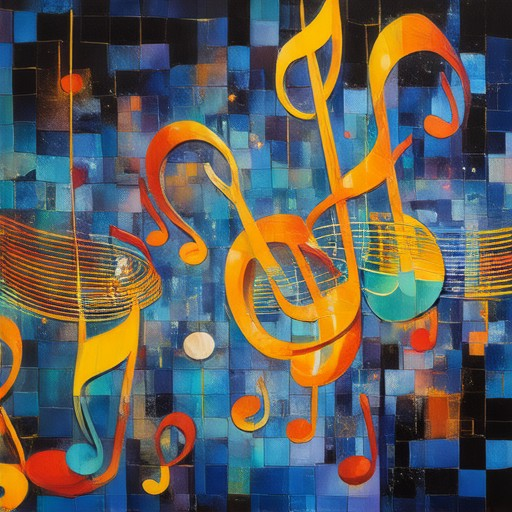
What is Like Tinder but for Musicians?
Tinder-like platforms exist for musicians, offering unique ways to connect with fellow music enthusiasts. One popular option is Vampr , a music-focused social platform designed to help musicians find collaborators, friends, or even bandmates. Similar to Tinder, Vampr uses a swipe-based interface where users can browse profiles, view photos or audio samples, and match with others who share their passion for music.
Features of Musician Dating Apps:
- Location-Based Matching : Many platforms allow users to search for musicians in their area, making it easier to connect locally.
- Profile Creation : Users often create profiles with photos, bios, and sometimes audio clips or videos showcasing their talents.
- Interest-Matching : Platforms typically let users specify their musical preferences, ensuring compatibility with like-minded individuals.
- Collaboration Opportunities : These apps frequently facilitate connections between musicians for projects, performances, or simply building a network.
Competitors and Alternatives:
While Vampr is a standout choice, there are other platforms catering to musicians:- Tandem : A language exchange app with a music twist, allowing musicians to connect over shared interests.- Musician Match : Specializes in connecting musicians for collaborations and performances.
These platforms leverage the unique interests of musicians, providing tools to build meaningful connections and advance their careers. Whether you’re seeking inspiration, collaboration, or companionship, there’s likely a platform tailored to your needs.
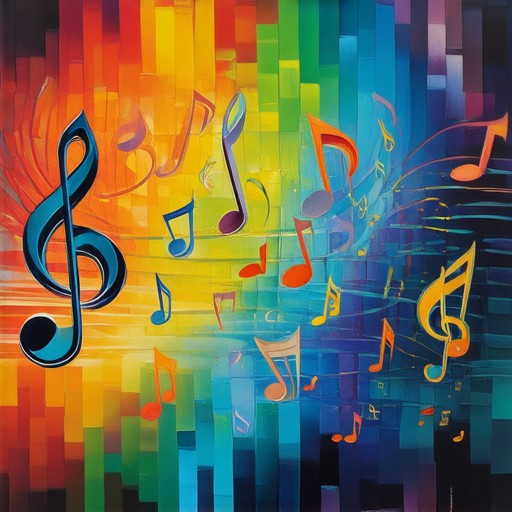
How to Collaborate Successfully with Another Musician
To collaborate effectively with another musician, follow these organized steps:
- Approach Respectfully: Start by reaching out via social media, email, or direct message. Introduce yourself clearly, mentioning how you discovered the musician and briefly explain the project you’d like to work on.
- Prepare Your Portfolio: Share a link to your work, whether it’s a portfolio website, SoundCloud, or Spotify, to give the musician a better understanding of your style and capabilities.
- Schedule a Meeting: Propose a time to chat using tools like Google Calendar or Zoom. This helps establish a clear timeline and allows for face-to-face communication.
- Discuss Goals and Expectations: During your meeting, outline your mutual objectives and what each expects from the collaboration. Clarify roles and responsibilities to ensure alignment.
- Stay Communicative: Set up regular check-ins via email or messaging apps to share progress, ask questions, and address any issues promptly.
- Share and Receive Feedback: After completing your part, share the work and be open to constructive feedback. Make necessary adjustments based on their input.
- Deliver the Final Product: Present the completed project in a polished manner, ensuring it meets both parties’ standards.
- Promote the Collaboration: Share the outcome on social media platforms or your blog to showcase your teamwork and gain exposure for both of you.
- Reflect and Connect: After the project, take time to reflect on what worked well and areas for improvement. Keep the connection alive for potential future collaborations.
By following these steps, you can foster a productive and enjoyable collaboration with another musician, leading to great outcomes for both parties.
How to Find Musicians to Collaborate With
To find musicians for collaboration, consider the following organized approach:
- Leverage Online Platforms:
- SoundCloud and Spotify: Explore trending tracks and playlists to discover artists with compatible styles. Engage by liking and commenting, but seek ways to connect meaningfully.
- YouTube and Vimeo: Watch artist videos to gain insights into their style and personality, which can aid in initiating conversations.
- Engage Through Social Media:
- Instagram and Twitter: Follow musicians to observe their work and projects. Engage by commenting on posts and considering direct messaging as a respectful approach.
- Join Music Forums and Communities:
- Participate in music-related subreddits on Reddit or forums like MusicPro. Network genuinely to build connections without appearing promotional.
- Utilize Collaboration Platforms:
- Explore platforms like Indigo Music or Symphonic, which cater to musicians seeking collaborators. These may offer both free and paid options depending on your needs.
- Attend Virtual Events and Webinars:
- Join live streams, virtual festivals, or webinars. Engage actively and consider reaching out via email or DMs afterward.
- Network Within Your Circle:
- Inform friends and acquaintances about your quest for collaborators. Trust and relationship-building are crucial for organic connections.
- Connect with Producers and Mixers:
- Approach producers and mixers who might have diverse networks. Introduce yourself and express interest in potential collaborations.
- Consider Targeted Advertising:
- Use social media ads to promote your music and attract genre-specific musicians. This method requires budget consideration.
- Explore Collaboration Tools:
- Investigate apps like Bandcamp or Discography that facilitate connections between musicians.
- Build Relationships and Stay Patient:
- Focus on genuine engagement and patience. Track connections and follow up thoughtfully to maintain relationships.
By combining these strategies, you can effectively find and connect with musicians who share your passion for collaboration.
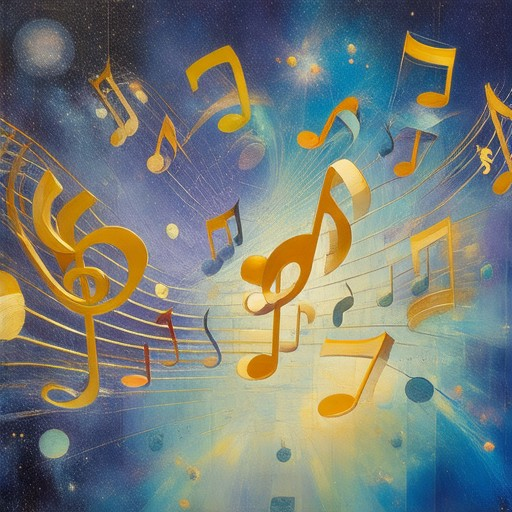
How to Ask for Music Collaboration
To successfully ask for a music collaboration, follow these organized steps:
- Introduce Yourself Clearly:** Start with a friendly greeting, introducing your name, genre, and the type of collaboration you’re seeking. Mention your social media links to showcase your work.
- Explain Your Enthusiasm and Alignment:** Express genuine excitement about the potential collaboration. Listen to a few of their works to identify common ground and tailor your pitch to highlight how your styles complement each other.
- Suggest a Meeting Plan:** Propose a call or video chat to discuss ideas. Prepare a few song ideas or concepts to share, but avoid overwhelming them with too many tracks initially.
- Be Flexible and Considerate:** Offer to adjust your availability to fit their schedule and set a reasonable deadline for them to respond. Show openness to their timeline and commitments.
- Provide a Polite Follow-Up:** After sending your initial message, follow up politely after a week if there’s no response. This shows respect for their time and keeps the conversation active.
- Consider Offering Something in Return:** While not mandatory, offering to promote their work or give them credit can be a thoughtful gesture if they agree to collaborate.
- Keep It Concise and Professional:** Write a brief, error-free email avoiding unnecessary details. Ensure the subject line grabs attention without being pushy, such as “Collaboration Inquiry.”
By following these steps, you present yourself professionally while showing enthusiasm and respect for the artist’s time and creativity. Good luck with your collaboration request!

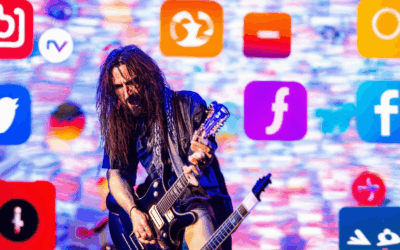
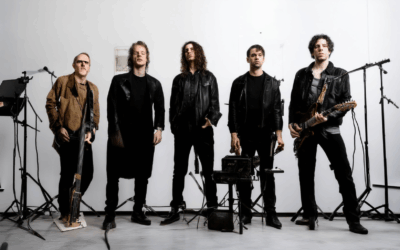
0 Comments